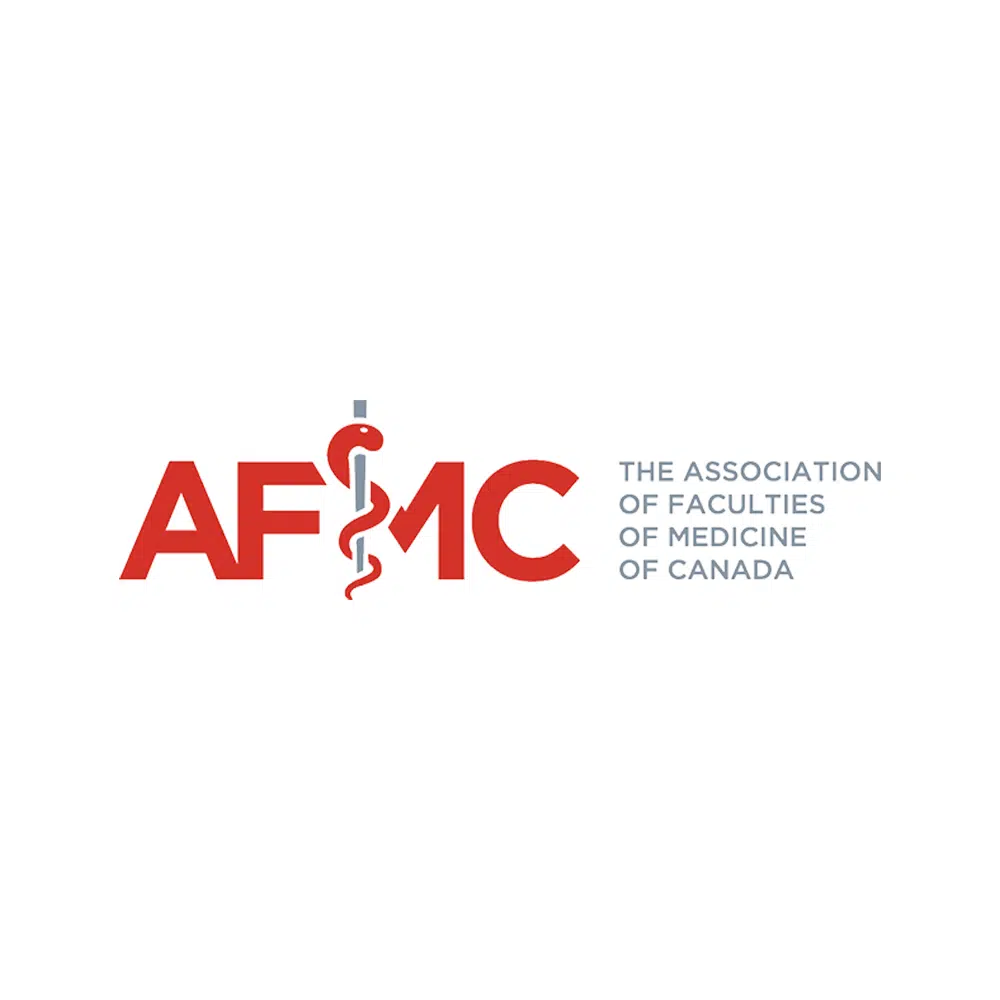Quick Facts
- Given its role, partnerships, and access to data and statistics, the AFMC is positioned to provide strategic insight on the most pressing priorities faced by its stakeholders, members, medical students, physicians, and other relevant medical practitioners in Canada.
- The AFMC engaged Bronson to perform a Data Maturity Assessment tied to evaluate the AFMC’s current abilities in leveraging its data assets, benchmark against industry peers, and provide comprehensive recommendations for future improvement.
- Bronson performed a literacy and document review of existing AFMC data-related documentation, conducted stakeholder interviews with internal stakeholders, and performed benchmarking against similar organizations based on conversations with individuals at each of the organizations and an assessment of publicly available data-related documentation.

Project Description
The Association of Faculties of Medicine of Canada (AFMC) manages the national repository of information on faculties of medicine across Canada. The mission of the AFMC is to “lead and deliver a highly responsive system of medical education and research” driven by quality, excellence, and social accountability to meet the health needs of Canadians.
Given its role, partnerships, and access to data and statistics, the AFMC is uniquely positioned to provide strategic insight on the most pressing priorities faced by its stakeholders, members, medical students, physicians, and other relevant medical practitioners. To understand how well positioned the AFMC is to support this opportunity, the AFMC engaged Bronson to perform a Data Maturity Assessment tied to the renewal of its Strategic Plan. The Data Maturity Assessment will serve as a guide to optimize the management, utilization, and governance of data within the organization. The goal of the Data Maturity Assessment was to evaluate the AFMC’s current abilities in leveraging its data assets, benchmark against industry peers, and provide comprehensive recommendations for future improvement.
Business Challenge
Bronson was challenged perform an end-to-end Data Maturity Assessment including a literacy and document review of existing AFMC documentation, interviews with internal stakeholders and external industry peers, an assessment of the AFMC’s data maturity in areas such as data governance, data quality and integration, and data privacy, and, finally, propose recommended next steps to advance the data agenda at the AFMC.
Our Solution and Outcome
To assess the data maturity of the AFMC, Bronson performed three primary tasks, namely a literacy and document review of existing AFMC data-related documentation, stakeholder interviews with five individuals at the AFMC, and benchmarking against similar organizations based on conversations with individuals at each of the organizations and an assessment of publicly available data-related documentation.
1. Literacy and Document Review
Bronson reviewed documents that describe the AFMC’s current data holdings to understand how data is collected, the sources of data, how data is used, and how data is stored.
2. Stakeholder Interviews
Bronson conducted interviews with five AFMC stakeholders who are key data users or organizational leaders.
Bronson used the DAMA-DMM data model as a basis for the stakeholder interviews. The DAMA-DMM model is widely regarded as a best-practice Data Maturity Assessment tool due to its comprehensive framework, structured methodology, and alignment with industry standards. Based on this model, Bronson defined ten areas to assess the current data environment at the AFMC.
- General Data Environment
- Data Governance
- Data Quality
- Data Architecture
- Metadata Management
- Data Operations
- Data Security
- Data Warehousing and Business Intelligence
- Document and Content Management
- Data Integration and Interoperability
Each of these areas was assessed on a maturity level ranging from 0 (undefined) to 5 (optimizing). The levels represent an increasing level of maturity and capability within each of the data areas. Based on the literacy and document review and stakeholder interviews, Bronson provided the AFMC with an overall data maturity score.
3. Benchmarking
Bronson conducted benchmarking interviews with representatives from three organizations who have similar data agendas to the AFMC. These organizations were the Association of American Medical Colleges (AAMC), the Canadian Institute for Health Information (CIHI), and the Canadian Institute of Health Research (CIHR). In conjunction with a literacy and document review of publicly available data-related information, Bronson garnered a holistic understanding of how these organizations are utilizing data and used them as a benchmark in assessing the AFMC.
Bronson provided they key findings to the AFMC in a detailed report.





